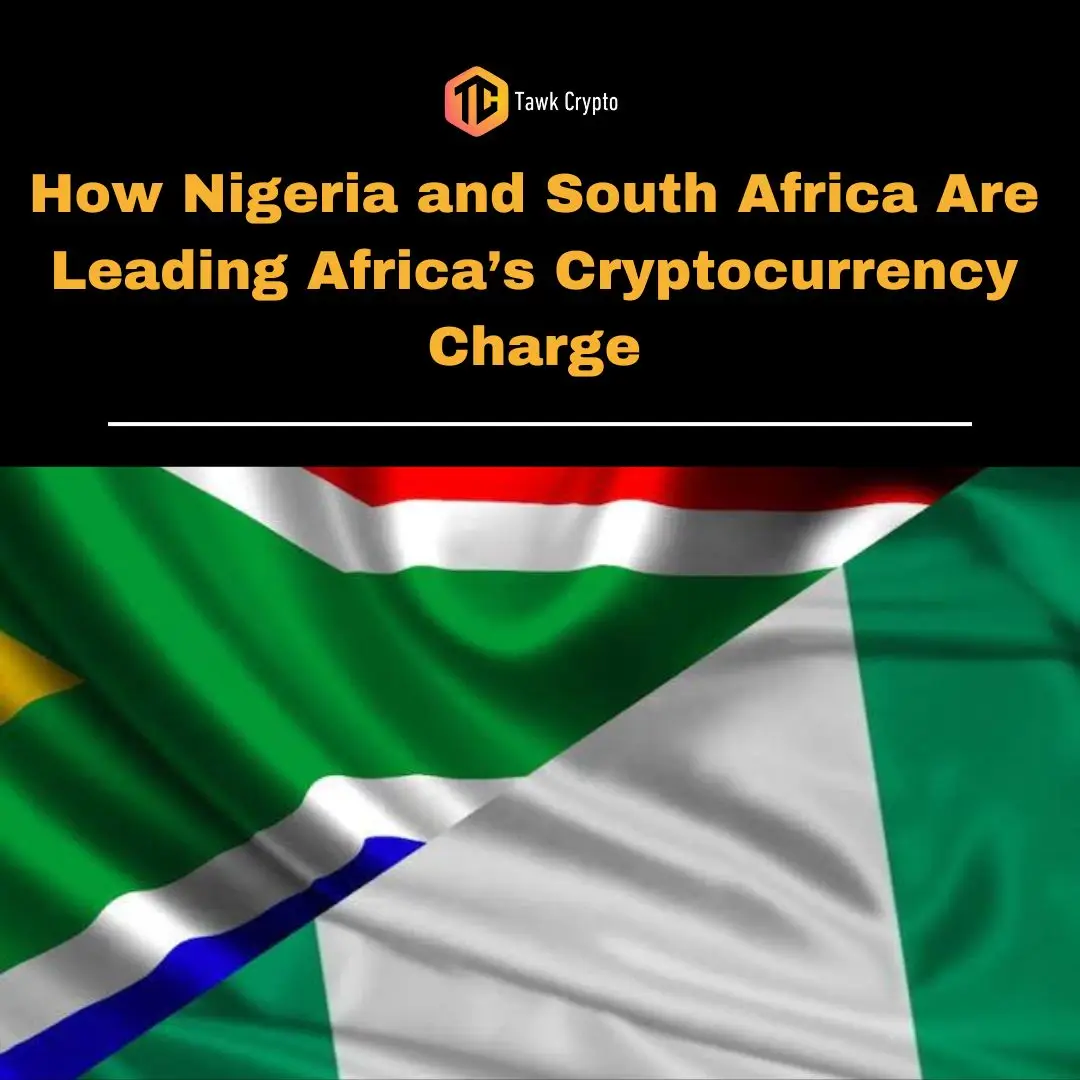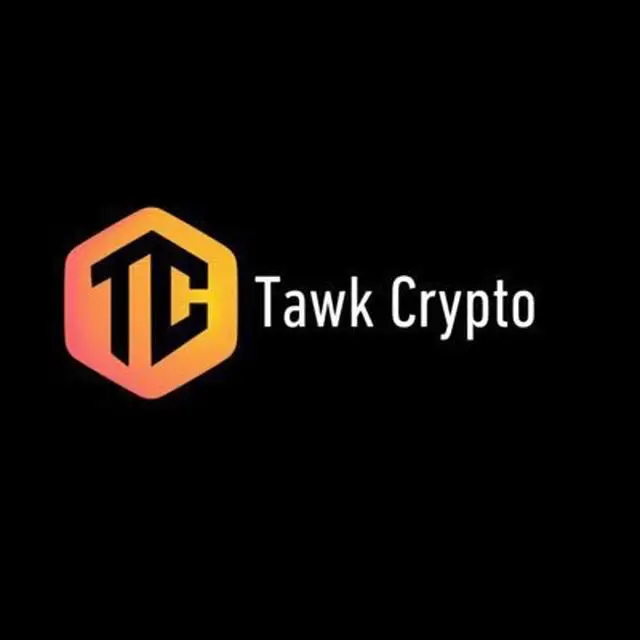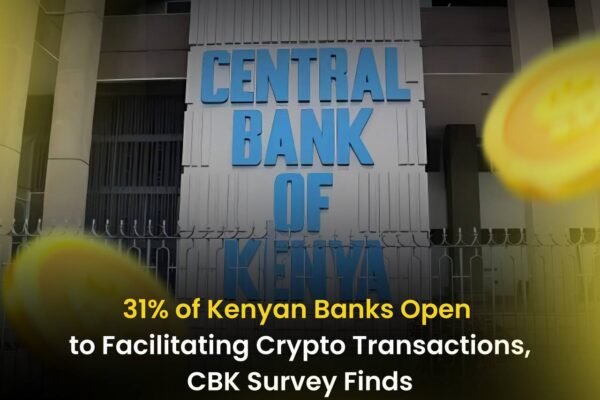

How Nigeria and South Africa Are Leading Africa’s Cryptocurrency Charge
Cryptocurrency adoption is surging across Africa, with Nigeria and South Africa leading the way as trailblazers in the space. This growth is reshaping the financial landscape across the continent, leveraging digital assets to promote economic inclusivity and resilience amid currency volatility and economic challenges.
Nigeria’s Crypto Dominance
Nigeria is a top global contender in crypto transactions. A significant driver of this growth is the high adoption rate of cryptocurrencies as a hedge against inflation and a reliable means for remittances. Given the challenges Nigerians face with currency devaluation, inflation, and banking limitations, digital currencies have become an attractive alternative to traditional banking. Peer-to-peer (P2P) platforms are widely used in Nigeria, enabling crypto transactions without involving traditional banks. This appeal of cryptocurrency as a hedge against inflation has contributed to Nigeria’s high ranking in global crypto transaction volumes, even competing with major economies.
In 2021, the Nigerian government introduced the eNaira, Africa’s first central bank digital currency (CBDC), as a response to the massive crypto adoption and a bid to stay involved in digital finance innovations. Although initial reactions to the eNaira have been mixed, it marks a significant step in integrating digital currencies within the formal financial system. Nigerian youth are especially drawn to crypto as a means of economic opportunity and as a form of financial empowerment amid challenging job markets and limited financial options.
South Africa’s Crypto-Driven Growth
South Africa is another African leader in crypto adoption, showing notable growth driven by strong interest in both retail and institutional sectors. The South African Reserve Bank (SARB) has taken a cautious yet open approach to crypto, providing regulatory clarity that encourages innovation while protecting consumers. Unlike Nigeria, which has focused heavily on P2P platforms, South Africa’s crypto landscape includes stablecoins, decentralized finance (DeFi), and significant institutional interest.
Stablecoins, pegged to the US dollar or other stable assets, have gained traction as a hedge against the volatility of the South African rand. For South African businesses and consumers, stablecoins provide a predictable and efficient means for cross-border transactions, creating economic opportunities that wouldn’t be feasible within the limitations of traditional finance. The SARB’s Project Khokha has explored blockchain use for interbank settlement, illustrating an interest in harnessing blockchain technology in formal financial systems.
Regulatory Efforts and Industry Challenges
Both Nigeria and South Africa are in the process of implementing regulatory frameworks to balance innovation with consumer protection. The Nigerian Securities and Exchange Commission (SEC) has proposed rules to regulate digital assets, which could boost institutional adoption if fully implemented. South Africa’s Financial Sector Conduct Authority (FSCA) has officially recognized crypto assets as a financial product, creating a legal framework for crypto service providers to operate and be accountable.
However, these regulatory advances are met with challenges. Concerns over fraud, money laundering, and investor protection have led both nations to adopt a measured approach. Regulatory frameworks are aimed at fostering a responsible industry without stifling the growth of crypto startups, an essential sector for economic growth and job creation.
DeFi and Financial Inclusion
Decentralized finance (DeFi) has also found fertile ground in both countries, offering alternative financial solutions for the unbanked and underbanked. In Nigeria, DeFi platforms allow individuals to access loans, earn interest, and save money outside traditional financial institutions. The accessibility and transparency of DeFi appeal to many Nigerians who have limited access to formal banking services, thus extending financial inclusion to a significant portion of the population.
In South Africa, DeFi has seen similar growth, with platforms catering to individuals and small businesses. For South Africans dealing with high banking fees and interest rates, DeFi represents a cost-effective and efficient alternative to traditional finance. Both nations are emerging as innovation hubs for DeFi applications, attracting attention from global investors.
The Future of Crypto in Africa
The rapid adoption of cryptocurrency in Nigeria and South Africa underscores a wider trend of digital innovation across Africa. While these two countries are leading the charge, their experiences are influencing other nations like Kenya, Ghana, and Uganda, which are exploring crypto-friendly policies and the adoption of blockchain-based solutions. With young, tech-savvy populations and a high mobile penetration rate, Africa is well-positioned to become a global leader in digital finance.
Nigeria and South Africa are showing the world how crypto can drive financial inclusion, innovation, and economic resilience. By creating crypto-friendly environments, they are not only meeting the needs of their populations but also paving the way for a new era of digital finance in Africa.
TawkCrypto: Your Gateway to Africa’s Crypto Revolution
As Africa emerges as a leader in crypto adoption, TawkCrypto is here to empower you to be a part of this exciting journey. We offer a wealth of educational resources, market analysis, and insights tailored to the African crypto landscape. Stay tuned for dedicated content on Nigerian and South African crypto developments to guide you on your crypto exploration.
The African crypto revolution has begun, and Nigeria and South Africa are leading the charge. Together, let’s navigate this dynamic landscape and harness the power of crypto to build a more inclusive and prosperous future for Africa.







